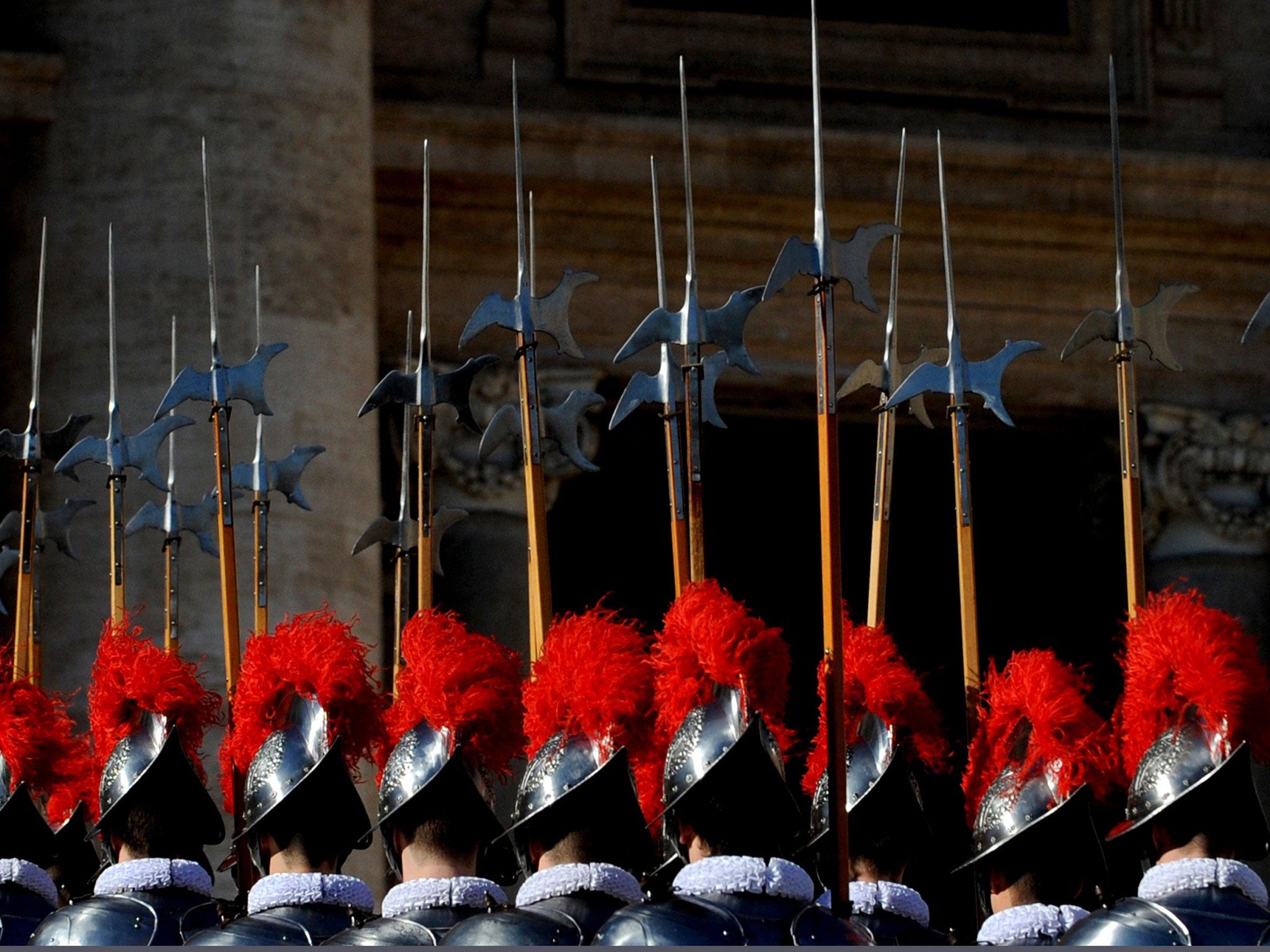Pope turns to management consultants in bid to reform Vatican
Francis has broken with tradition by drafting in an army of secular experts to transform the Vatican’s management. But will this radical approach help him achieve his goal of a ‘poor Church for the poor’?

Over two papal reigns lasting more than 30 years, the top administration of the Roman Catholic Church has gone its own sweet way, aided by the fact that both Pope John Paul II and Pope Benedict XVI had other matters which interested them far more, from evangelising the entire world to restoring traditional Catholic values and practices.
But after details of shocking financial corruption emerged last year in private documents leaked by Pope Benedict’s butler, revelations which many believe nudged the German pope towards his unprecedented decision to resign, Pope Francis has taken the dramatic decision to allow an army of outside consultants – lay people all, and the great majority non-Italians – into the secretive bowels of Vatican City, to let daylight in on an institution which long ago ceased to perform efficiently.
This week the Vatican announced that it is hiring McKinsey and Co, the US-based consultancy, to modernise its communications operations, and the international accounting firm KPMG – corporate slogan “cutting through complexity” – to bring its accounting up to international standards. They join the London-based firm Ernst & Young, which is looking at management and economic activity within the Vatican City State’s government, and the Washington DC-based Promontory Financial Group, which has drafted in two dozen employees to bring the Institute for Religious Works, also known as the Vatican Bank, up to international standards of protection from money-laundering and terror financing.
The Vatican’s communications operations are a striking example of the complex and wasteful manner in which the Church’s institutions have evolved. The Vatican press office is rarely available to answer reporters’ queries after midday. Other parts of the operation include Vatican Radio, a daily newspaper called L’Osservatore Romano, the Vatican Television Centre and the Vatican publishing house. All are managed and directed independently, with little attempt at co-ordination.
The Argentine pope’s radical plans to drag them into the modern age mark the most serious attempt at reform of the Church’s administrative machinery for many decades. But resistance will be encountered, and not all of it will be unreasoning.
John Allen, Vatican expert with the National Catholic Reporter, commented that the rise of “God’s consultants” “represents a clear break with the Vatican’s traditional ambivalence about relying on secular expertise, on the grounds that secular values are inevitably part of the package… In the past the Vatican [showed] … an instinctive distrust of claims to specialised expertise from people who don’t share the moral and metaphysical worldview of Catholicism. They fear that while they might build a better mousetrap, they also might smuggle alien values and ways of doing business into the Church.”

The appointment of McKinsey and KPMG was recommended by a commission of seven lay experts and one monsignor set up by the Pope in July. It is headed by a Maltese economist, Joseph Zahra, and includes just one woman, Francesca Chaouqui, an employee of Ernst & Young, whose semi-clothed image became an instant internet sensation. The commission was expected to, in the Vatican’s words, “offer technical support” and “develop strategic solutions” to help the Vatican simplify and better co-ordinate its scattered resources, budgets, properties and assets; create “a more careful organisation of the economic activities of all Vatican administrative offices”; and “improve transparency in the process of purchasing goods and services”, among other goals.
The chaos and corruption revealed in the Vatileaks scandal made it clear that decisive steps were required. Bishop Carlo Maria Vigano had been appointed by Pope Benedict to bring order to the Vatican’s finances. He uncovered appalling scandal and waste and slashed back grossly inflated budgets – reducing the cost of the Vatican’s life-size Christmas crib from €550,000 to €300,000; and saving €850,000 in the maintenance of the gardens, money which he funnelled into renovating the Pope’s central heating system. In all he claimed to have converted a deficit of nearly €8m into a surplus of €34.45m.
But in the process he upset powerful vested interests, and in 2011 he was “exiled” to the US. His top-secret letter about the affair to the Pope was a cry of agony and rage. The Vatican, he wrote, was “a kingdom divided into little feudal states”; it was a “chaotic, an unimaginable situation”.
It is this feudal chaos that Pope Francis now seeks to reform with the help of some of the world’s top consultants. Will this professionalisation of the Church help him achieve his other overriding goal of creating “a poor Church for the poor”? That remains to be seen.
Join our commenting forum
Join thought-provoking conversations, follow other Independent readers and see their replies
Comments